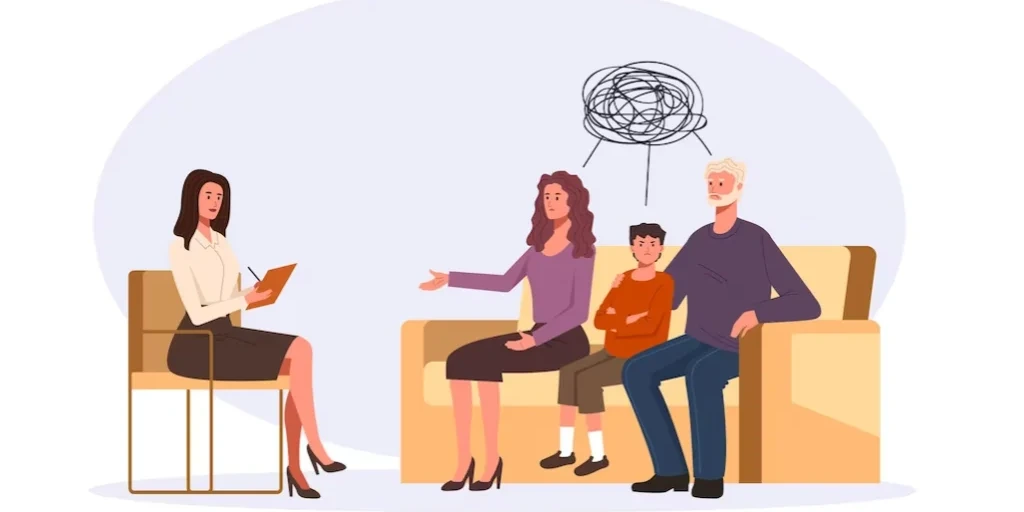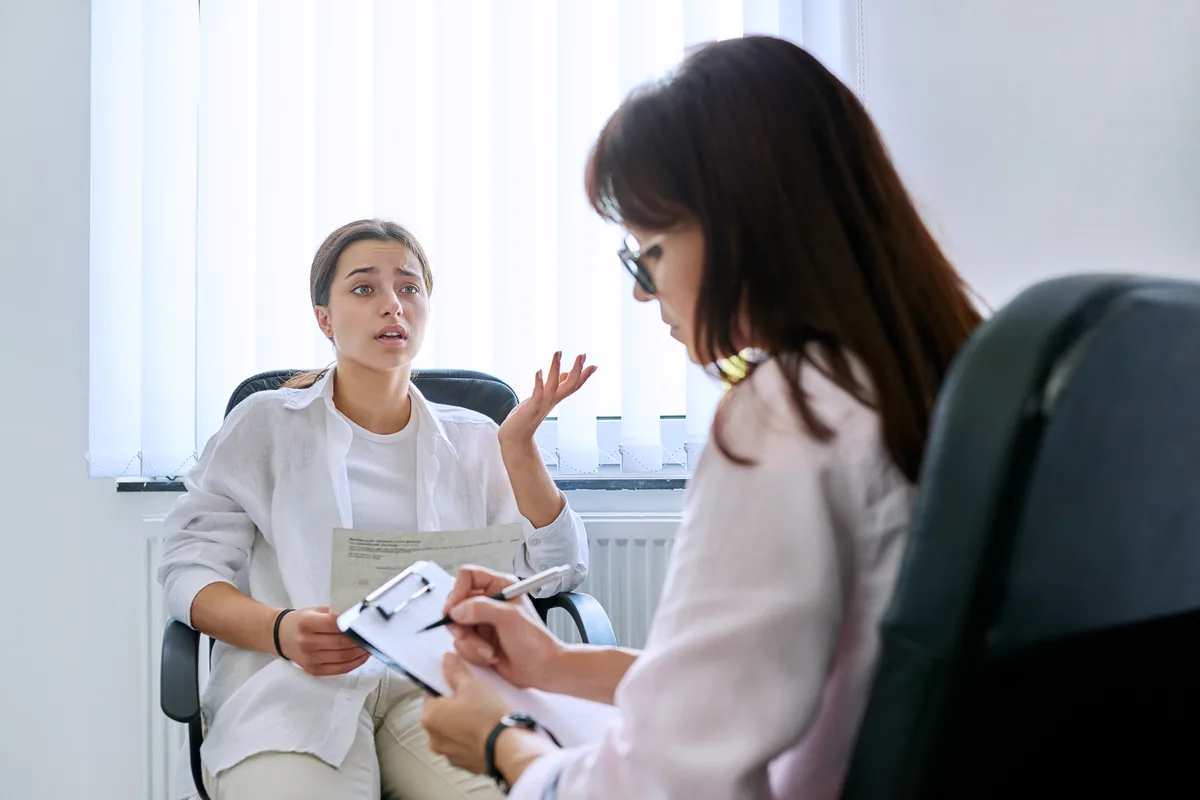24/7 Helpline:
(866) 899-221924/7 Helpline:
(866) 899-2219
Learn more about PTSD Treatment centers in Pueblo Of Acoma

Other Insurance Options

Carleon

Health Net

AllWell
Beacon

MHNNet Behavioral Health

Highmark

Health Choice

Optima

Evernorth

American Behavioral

ComPsych

PHCS Network

GEHA

Kaiser Permanente

UnitedHealth Group

Providence

Ambetter

CareFirst

Regence

Multiplan








Pueblo of Acoma
Pueblo of Acoma is a public rehab located in Pueblo Of Acoma, New Mexico. Pueblo of Acoma specialize...


